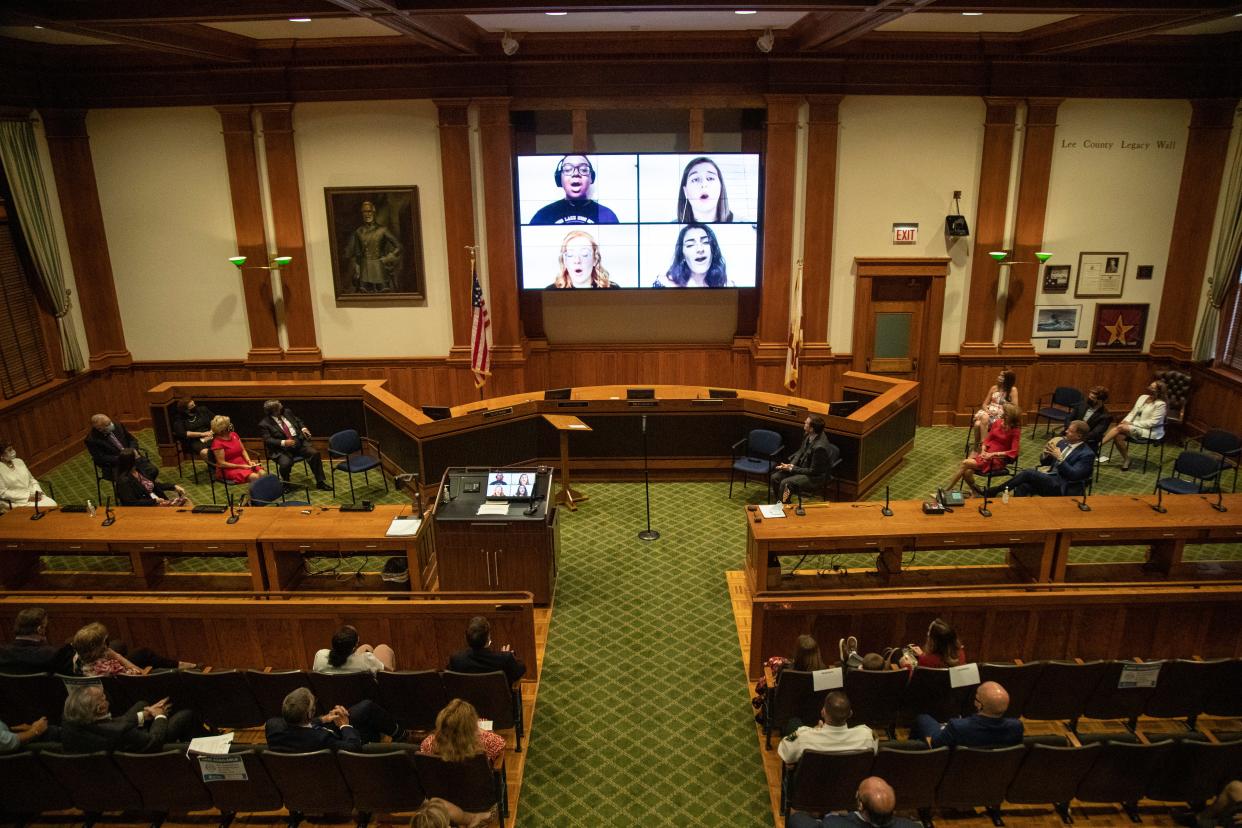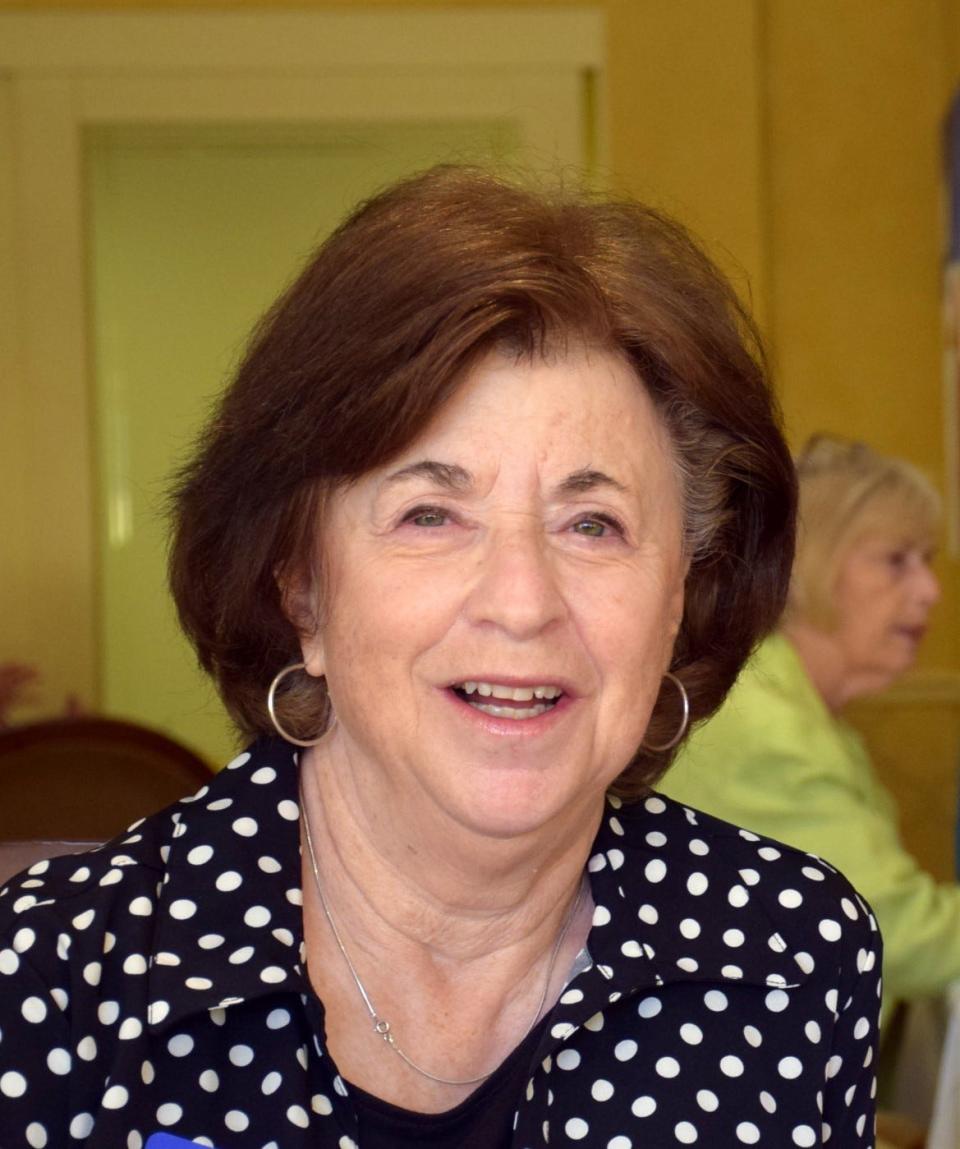Guest opinion: Discouraging citizen engagement is discouraging

In 1633, the townspeople of Dorcester, Massachusetts filed into their community meeting hall and started what is today a hallowed tradition in our country: public meetings in which citizens exchange thoughts, concerns, and ideas with their elected representatives.
Such citizen engagement is the foundation of our democracy. A two-way dialogue between the elected and their constituents ensures that public institutions are transparent and accountable. From their everyday experiences, citizens can advocate for innovative solutions to local problems and communicate to their elected officials emerging concerns and existing worries.
Unfortunately, Lee County discourages this type of citizen engagement, going so far as to restrict critical public input. Some examples:
About ten years ago, just as Lee County began growing, the Board of County Commissioners (BoCC) cut in half the number of BoCC meetings to twice a month and restricted public comment on agenda items. Today, citizens can speak for no longer than three minutes on an agenda item or a topic of concern during the public comment period at the meeting’s end. Sadly, existing rules mandate that there be no dialogue with the Commissioners sitting at the dais.
More: Guest opinion: Fighting for 'better -- not bigger -- government'
More: Guest opinion: 'Where your way of life has gone'
There is no public input into workshop sessions in which Commissioners discuss major policy issues, such as the budget, infrastructure planning, etc. Citizens are allowed to comment on a workshop topic — but only at the BoCC meeting which takes place in the morning prior to the workshop. Consequently, while people can attend the workshop, they are prevented from joining in.

With citizen advisory committees meeting infrequently or not at all, the Commissioners’ sole source of information on issues is the County staff. Rarely does the staff present a menu of options to Commissioners at a public meeting where the audience can listen to discussion and comment; the vast majority of decisions are already decided and Commissioners are only there to ratify them.
At the BoCC meeting, Commissioners vote on what is known as a “Consent Agenda,” which rolls up numerous items for a vote with no discussion (unless an item is “pull for discussion). Recently, one Consent Agenda contained 23 different topics and entailed the spending of millions of dollars. For citizens, paying close attention to this maneuvering is nigh to impossible.
Commissioners complain that residents are not involved in formulating the county budget, but the process in place essentially shuts out public involvement. Preliminary budget discussion is first held at a workshop, in which citizens are prohibited from participating, then is put on the August agenda after the Commissioners’ 5-week break. Again, residents have three minutes to present their views. By the time of the statutorily required September budget public hearings, the budget is set in stone and the Commissioners are simply going through the motions — and complaining that citizens are disinterested, when, in fact, they have been discouraged from participating.
The County Land Development Code threatens criminal punishment for residents communicating with Commissioners regarding pending zoning decisions. The penalty for doing so? Sixty days in the county jail and/or a $500 fine. To our knowledge, Lee is the only Florida County that criminalizes such communications. This is a local ordinance that Commissioners can change — and should. Moreover, in zoning hearings, rules allow unlimited time for developers and attorneys to make their case, when — again — each citizen has three minutes. But these residents can be subjected to cross-examination by developers’ attorneys, a most intimidating prospect. Under withering questioning, some people testifying have actually walked out in disgust.
We can cite numerous other examples. Citizen engagement? Not here in Lee County.
Charlotte Newton wrote this column on behalf of Women For a Better Lee.
This article originally appeared on Fort Myers News-Press: Lee County florida Commission discourages citizen engagement

